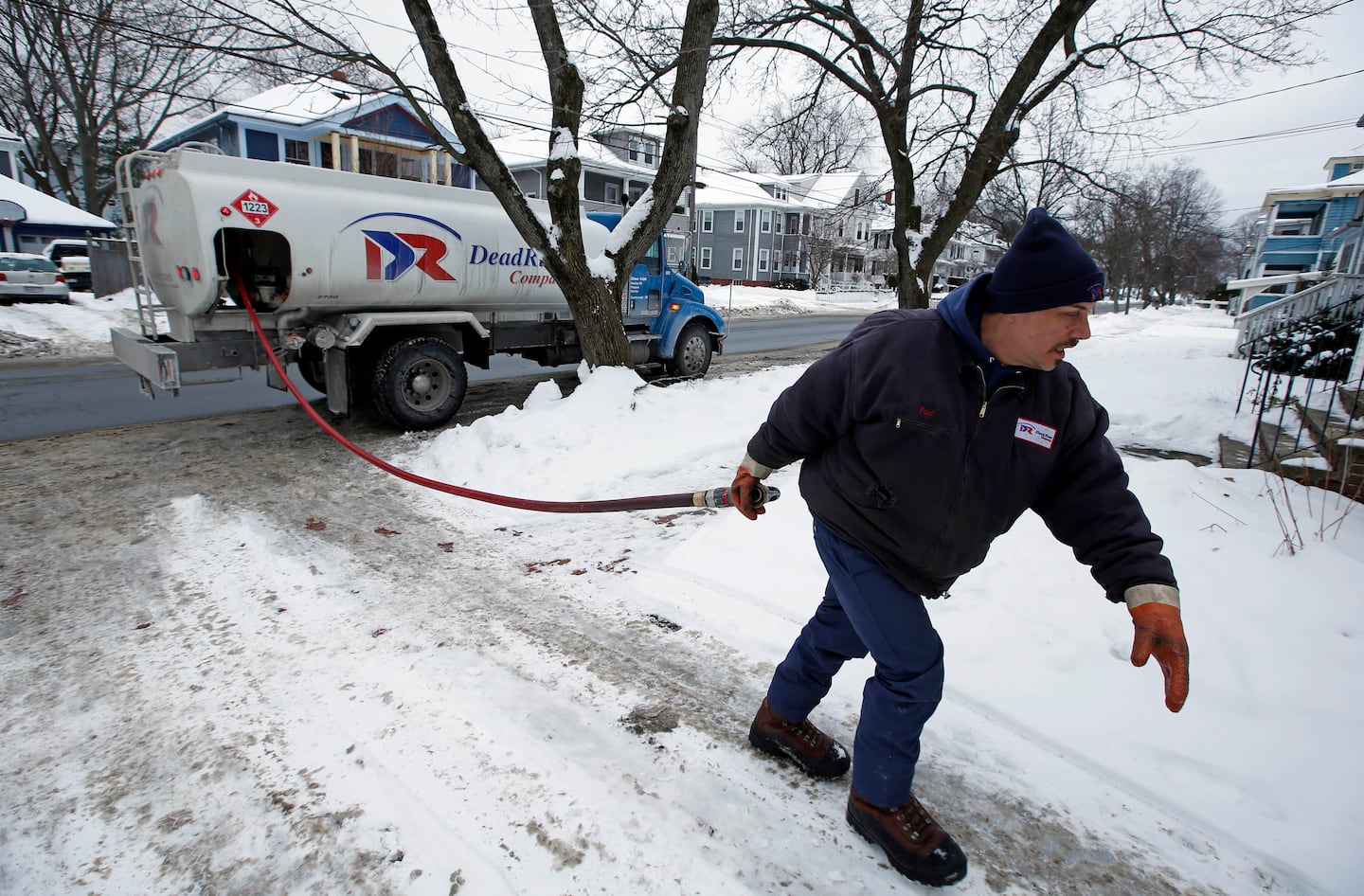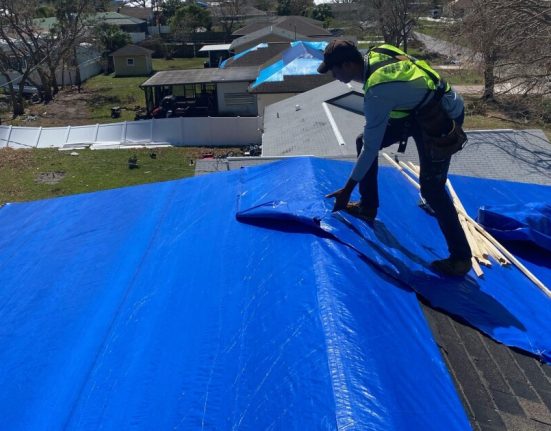Holmes and his mother are among the 110,000 Massachusetts residents so far this year who have received help with their heating bills from a federal program known as LIHEAP — Low Income Home Energy Assistance Program. Another 30,000 residents in New Hampshire rely on the heating assistance, as do hundreds of thousands of Americans across the country.
On Tuesday, every single federal employee working on the program was fired and five regional offices of the Department of Health and Human Services — including the one in Boston — were closed. Now, the future of the $4.1 billion program that helps low-income households is uncertain, as program administrators warn that, should the program cease to exist, people could die.
People who are at or below 60 percent of the state’s median income can qualify for assistance.
“We have extreme winter weather conditions that put people’s lives at risk if they don’t have heat in their homes, or if they turn to unsafe practices like opening their gas stoves to heat their homes,” said Andrea Mendoza, director of energy services at Action for Boston Community Development, one of several organizations that administers LIHEAP funds across the state.
Governor Maura Healey said she was “alarmed” to learn the Trump administration had closed the office and laid off staff working on the program.
“We have deep concerns that this closure could impact people’s ability to access this funding, which is essential for lowering home heating costs,” Healey said. “We need a commitment from the Trump administration that people will continue to receive this essential heating assistance.”
The Low Income Home Energy Assistance Program was created by Congress in 1981.
“They fired everybody, there’s nobody left to do anything,” Mark Wolfe, executive director of the National Energy Assistance Directors Association, said to The New York Times. “Either this was incredibly sloppy, or they intend to kill the program altogether.”
In response to a request for comment, Emily Hilliard, a spokesperson for the Department of Health and Human Sources said that as a result of the reorganization, the department “will be better positioned to execute on Congress’s statutory intent.”
Hilliard did not say how the department could execute that without a staff.
While the program is continuing to operate this year, the firings raise questions. The way the program is designed, 90 percent of the funds for each state are allocated at the beginning of the heating season. The remaining 10 percent is doled out later, usually between February and May, according to Kevin Connor, spokesman for the state’s Executive Office of Housing and Livable Communities.
Once those final funds come in, they can help provide additional assistance to households, and can help cover administrative costs at the organizations that work on the program. That worries Mendoza. “With no federal staff, there’s no one to approve the disbursement of those funds,” she said.
Betsey Andrews Parker, CEO of the Community Action Partnership of Strafford County in New Hampshire, said she’s seen an increased need for fuel assistance, citing cold weather this winter and the increased cost of food and rent. Without the program, she warned, there could be dire consequences.
“We’re really talking about a lot of the working poor, who are already struggling with the increased prices of food and rent, those struggling to find cars they need to drive to work. This is really concerning to them that this resource may not be there for next year,” she said.
If the program no longer exists, it’s not clear who would step in to cover the gap, though Andrews Parker said it could downshift the burden onto local municipalities.
Since the news broke of terminations at the federal heating assistance program, the city of Cambridge’s program to provides those funds (which also covers Somerville), has been getting calls from worried residents.
“There’s a lot of hearsay, there’s a lot of word of mouth going out there, and there’s, in a lot of cases, a lack of clarity,” said Jeremy Warnick, spokesman for the city of Cambridge.
The program administrators in Cambridge are doing their best to reassure people that if they have been receiving support this season, it will continue, and if they were considering applying for help, they still should — the program remains open and available.
More than 1,000 people in Cambridge and Somerville have received help so far this year, and that number is expected to climb before the program closes at the end of this month, Warnick said.
“We don’t want to have a situation where anyone is in a position where they’re not able to keep themselves and their family safe,” Warnick said. “This program is instrumental.”
Terry Grant, 68, of Farmington, N.H., knows that well. The fuel assistance program helps her make ends meet as she raises her two granddaughters, who are now 3 and 5 years old.
She’s worried that if the assistance goes away, she will have to find other places to trim her budget — but she doesn’t see any good solutions.
“Do I not pay my mortgage? Do I not pay my electric bill?” she said.
Senator Edward Markey said he would work to try to ensure the program continues. “Eliminating the entire federal staff responsible for LIHEAP — a program that millions of households depend on to stay warm in the winter and cool in the summer — isn’t reform,” said the Democrat from Massachusetts in a statement. “It’s sabotage.”
Sabrina Shankman can be reached at sabrina.shankman@globe.com. Amanda Gokee can be reached at amanda.gokee@globe.com. Follow her @amanda_gokee.







